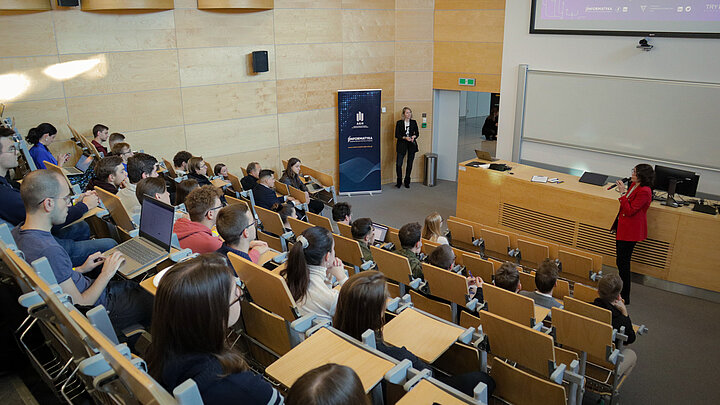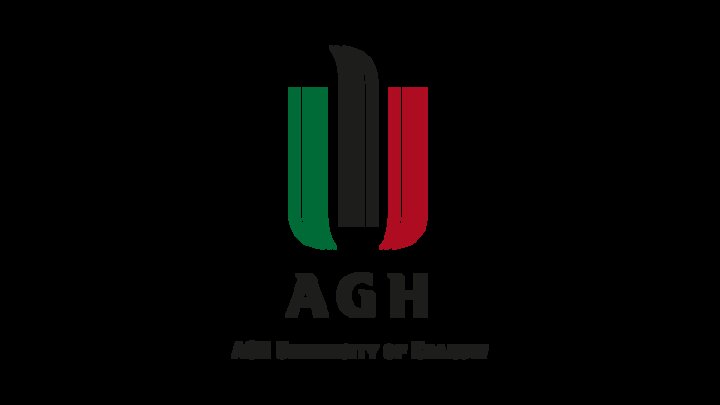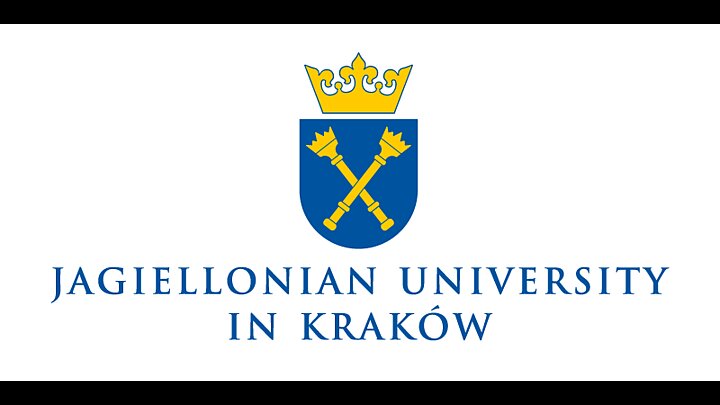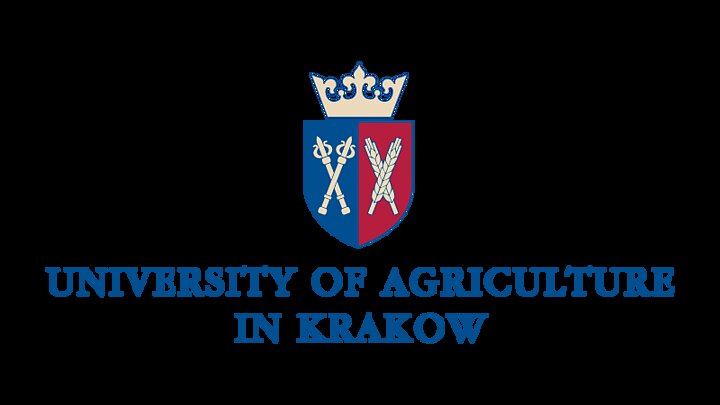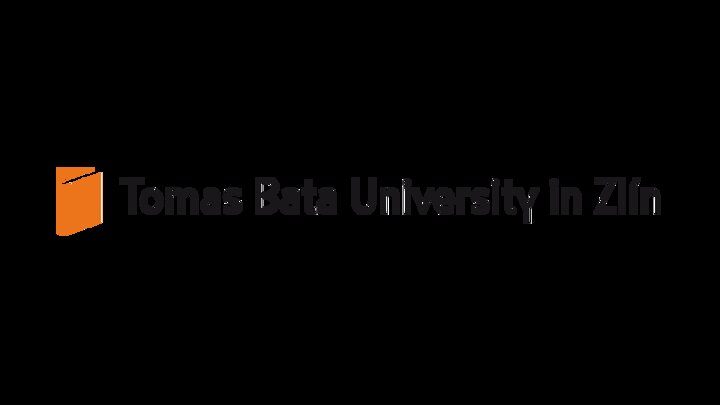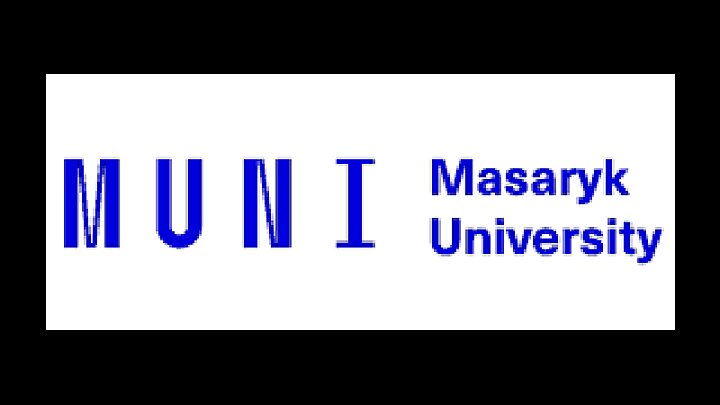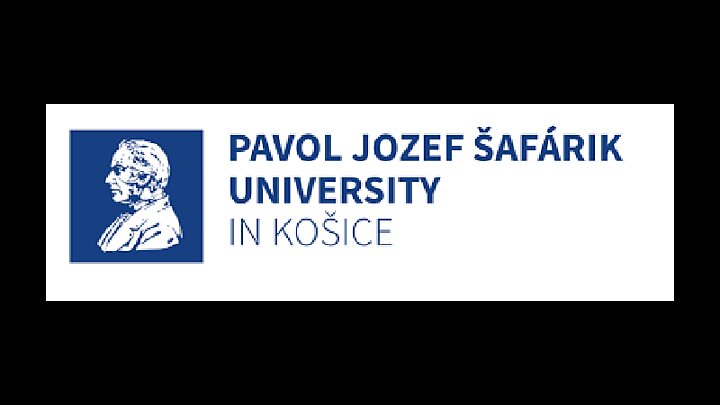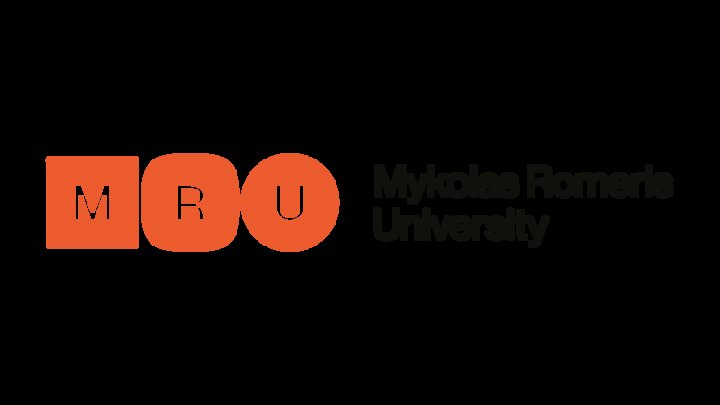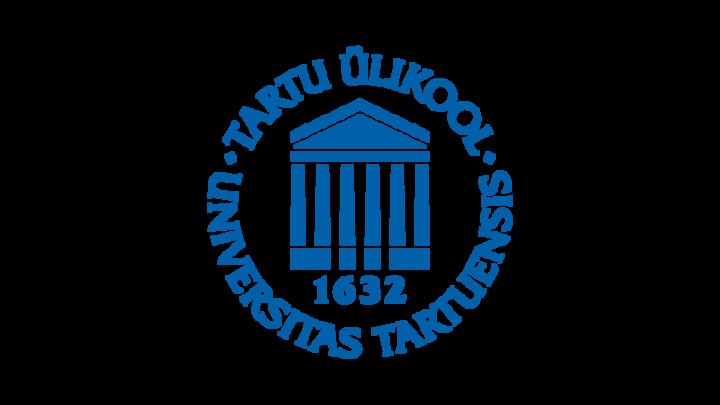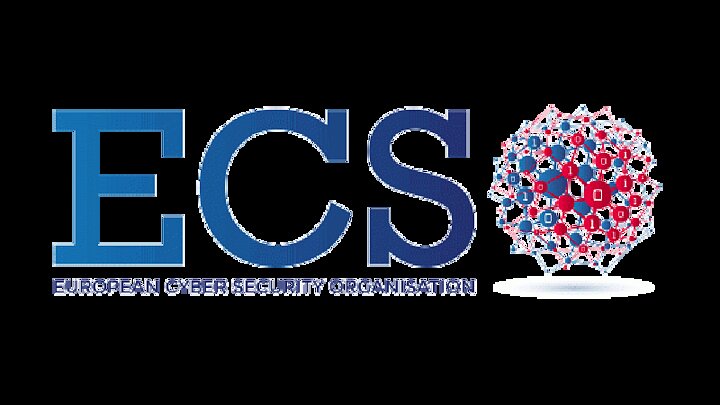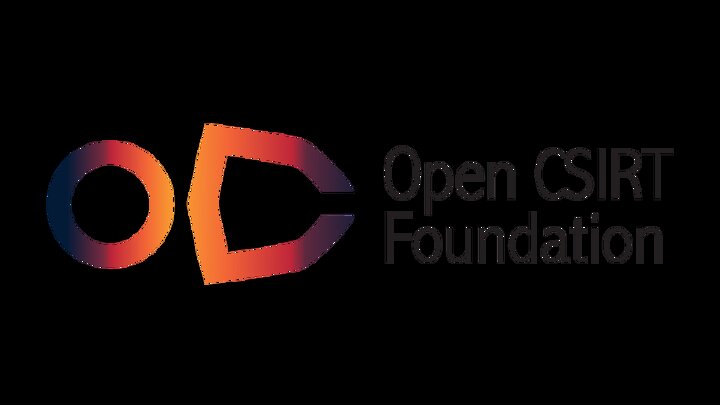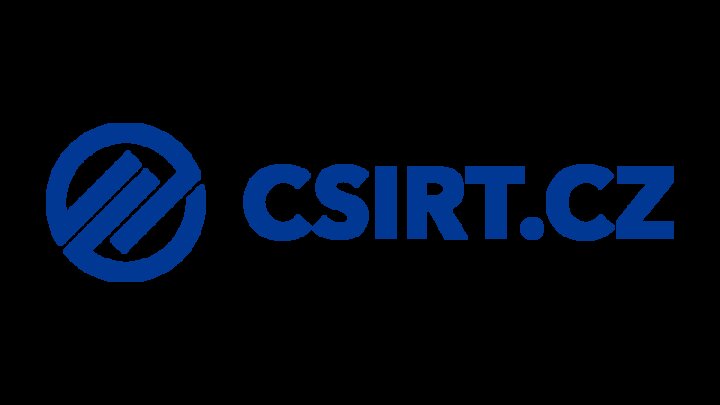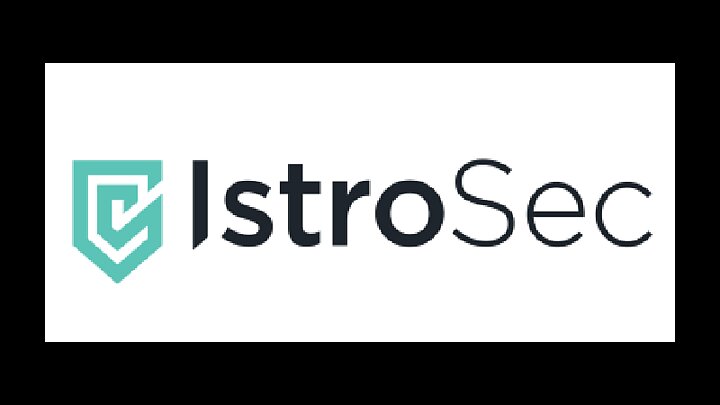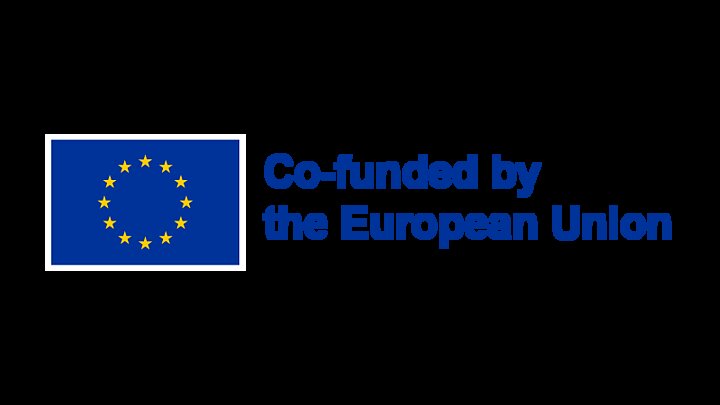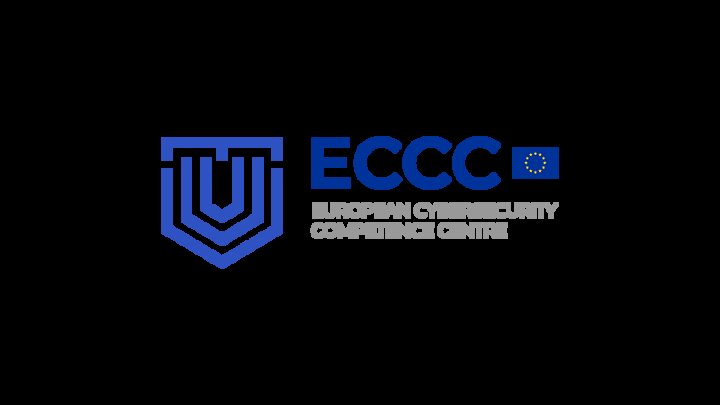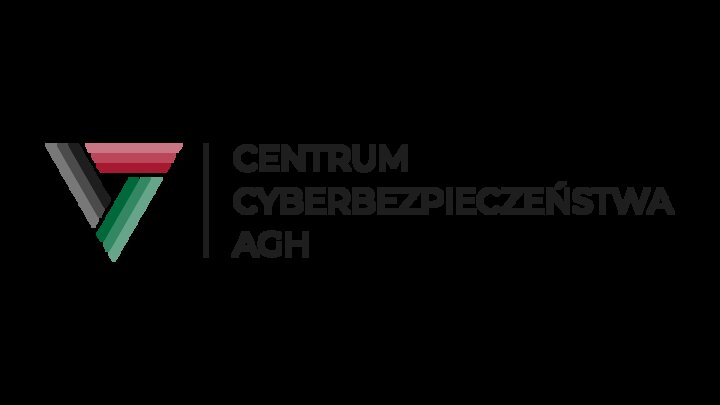We play for cyber
The SOCCER project is dedicated to fortifying the cybersecurity capabilities and resilience of the EU, with a paramount focus on ensuring a cyber-secure academia sector. Specifically tailored for CEE countries, the initiative aims to support the establishment and advancement of Security Operations Centres (SOCs) within Universities and Research and Technology Organisations (RTOs).
The CEE region is now being heavily affected by a multitude of cyber operations conducted in parallel to growing geopolitical tensions. At the same time, 2023 is on track to be a record-breaking year for ransomware attacks against education institutions, and almost 70% organizations in the educational sector suffered a cyber attack within the last 12 months.
The SOCCER project contributes to long-term policy objectives identified by the European Commission and European Union authorities in regards to EU-wide cybersecurity capacity building. It addresses the specific challenge of increasing number and sophistication of cyber-attacks and cyber-operations targeting the academic sector as well as the security challenge of the CEE region being at the frontline of the hybrid threats resulted from the Russian aggression on Ukraine.
The project envisages the EU-wide SOC’s ecosystem in the making and willing to integrate the academic sector with priorities and tasks which will be undertaken and implemented by ECCC and the Network of National Coordination Centres.
The cybersecurity in the academia sector is vital for protecting intellectual property, maintaining research integrity, preserving privacy, upholding institutional reputation, facilitating collaboration, ensuring regulatory compliance, safeguarding critical infrastructure, contributing to workforce development, and addressing national security considerations.
The idea of establishing a network of SOCs across the EU was introduced by The EU's Cybersecurity Strategy for the Digital Decade in order to support the improvement of existing centres and the establishment of new ones. The goal is to “support public-private and cross-border cooperation to create national and sectoral networks, involving also SMEs, based on appropriate governance, data sharing and security provisions”. The goal is to let network of SOCs become “a real cybersecurity shield for the EU” which will connect „as many centres as possible across the EU to create collective knowledge and share best practices”.

